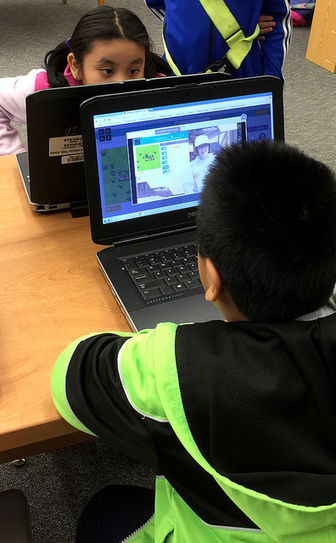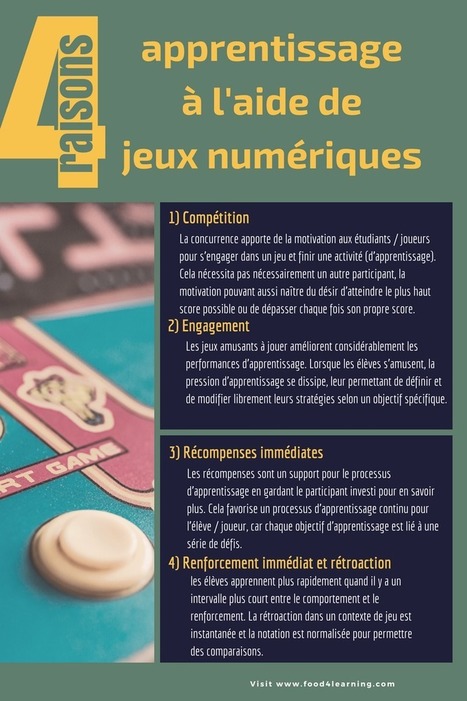“The future of education is digital. We live in an increasingly digital world, where technology is a part of our lives in so many ways. Now more than ever, it is crucial that we incorporate digital technology into education. To prepare students for higher education and future jobs, we must ensure that they are familiar with technology. Administrators who want to prepare their K-12 school for the future of education should look at the ways they use technology in the classroom. Schools that are future-ready are those that blend technology with learning seamlessly and include technology in nearly every lesson.”
I just shared my thoughts on the future of education, but what do my peers think? To find out, we decided to produce an expert roundup on the topic of the future of education. We asked 106 education experts to answer one question: “What are your thoughts on the future of education?” In part 1 of this series, we will focus on the future of K-12.
Learn more / En savoir plus / Mehr erfahren:
https://www.scoop.it/t/21st-century-learning-and-teaching/?&tag=modern-education
Via Gust MEES



 Your new post is loading...
Your new post is loading...
















Learn more / En savoir plus / Mehr erfahren:
https://www.scoop.it/t/21st-century-learning-and-teaching/?&tag=modern-education